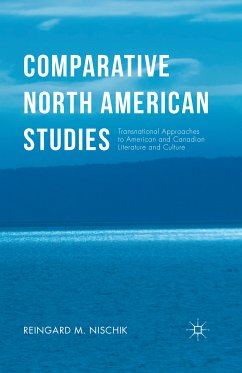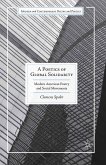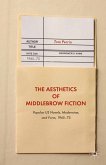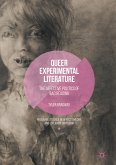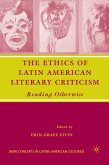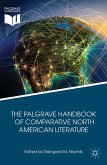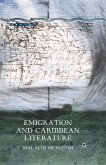Dieser Download kann aus rechtlichen Gründen nur mit Rechnungsadresse in A, B, BG, CY, CZ, D, DK, EW, E, FIN, F, GR, HR, H, IRL, I, LT, L, LR, M, NL, PL, P, R, S, SLO, SK ausgeliefert werden.
"Appearing at an exciting time when the criticism of national cultures is grappling with transnational exchanges and mobilities, Reingard Nischik's Comparative North American Studies offers an intensive examination of cross-border interdependenciesat thesites of modernism, border narratives, nations' images abroad, and book reviewing - all while remaining cognizant of the continuing material effects of nation-states. And to top it off: a lively discussion with Margaret Atwood, whom Nischik calls 'Canada's most "North American" writer.''' - Lorraine York, Senator William McMaster Chair in Canadian Literature and Culture, McMaster University, Canada
"Nischik uniquely brings together surveys and discussions of approaches to North American literature, arguing for an approach that she describes as a kind of new Comparative Studies, placing it in the context of such newer methods as hemispheric, continentalist, border, transnational, global, and cultural studies. Meticulously researched, the author's coverage of histories of the production of short stories in the two countries is careful and useful, and her survey of her critical and, especially, her theoretical methods is nothing less than exhaustive. More, such compelling questions emerge as: Does the border between Canada and the US exist at the level of metaphor, or not? And, how significant is it?" - Shannon Hengen, Professor Emerita of English, Laurentian University, Canada

